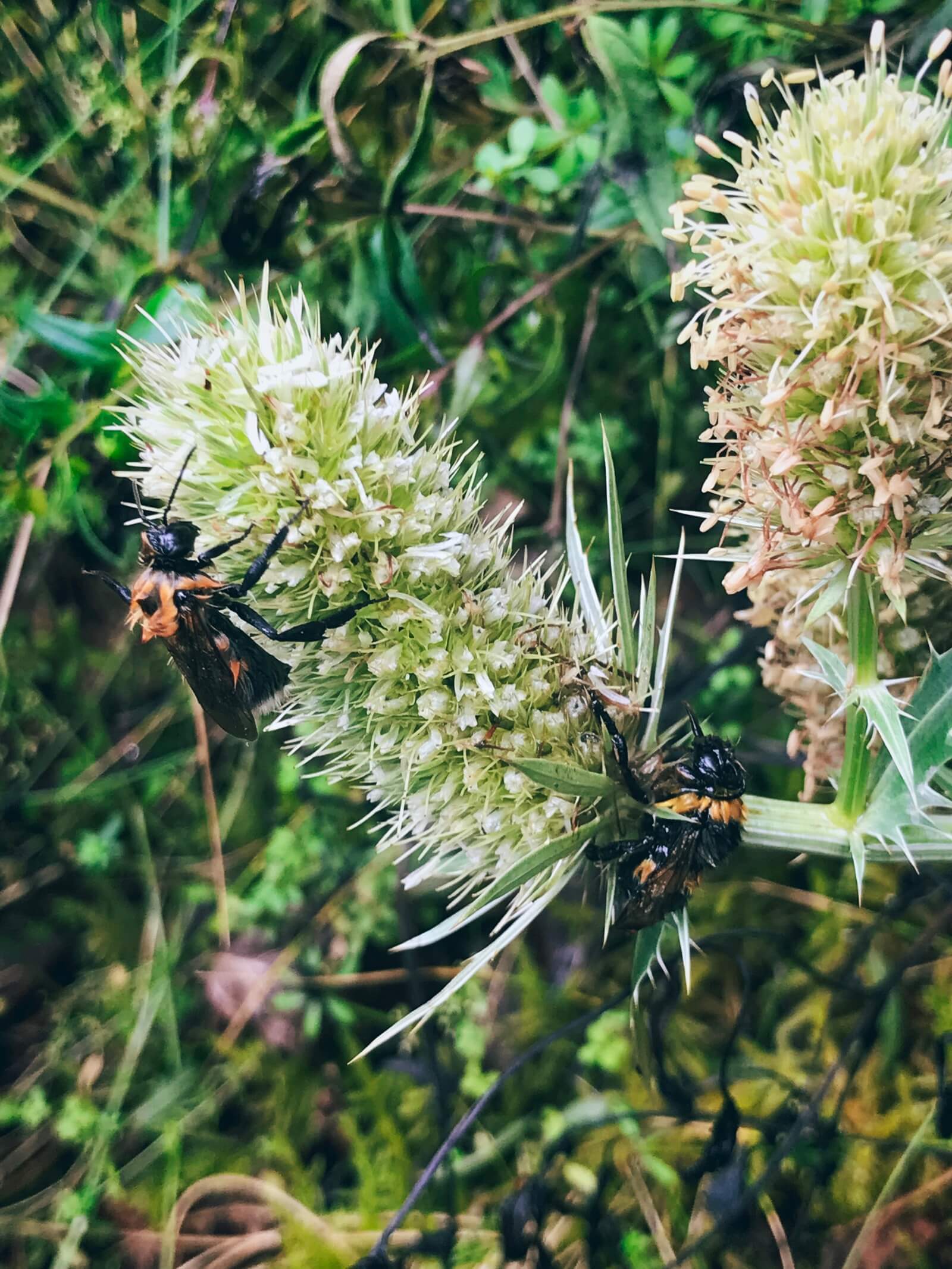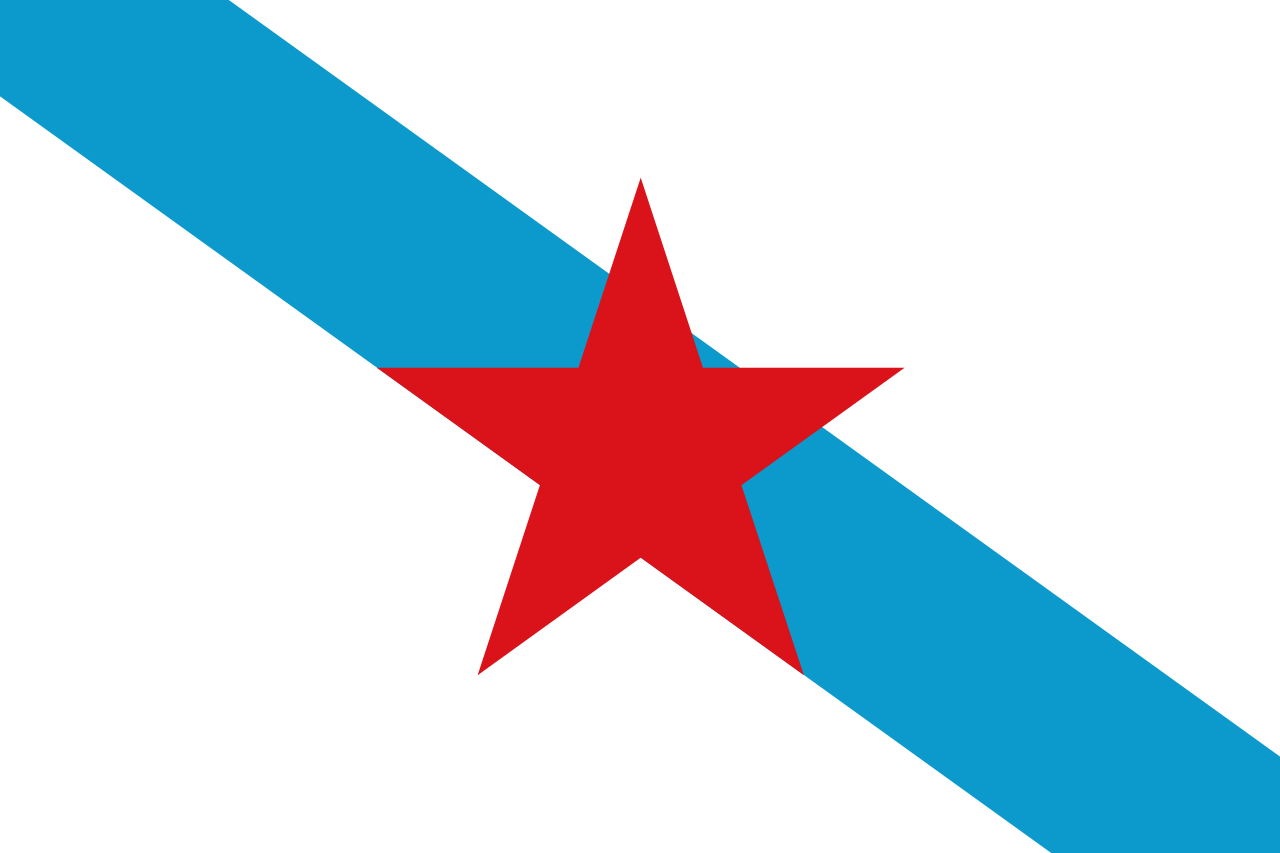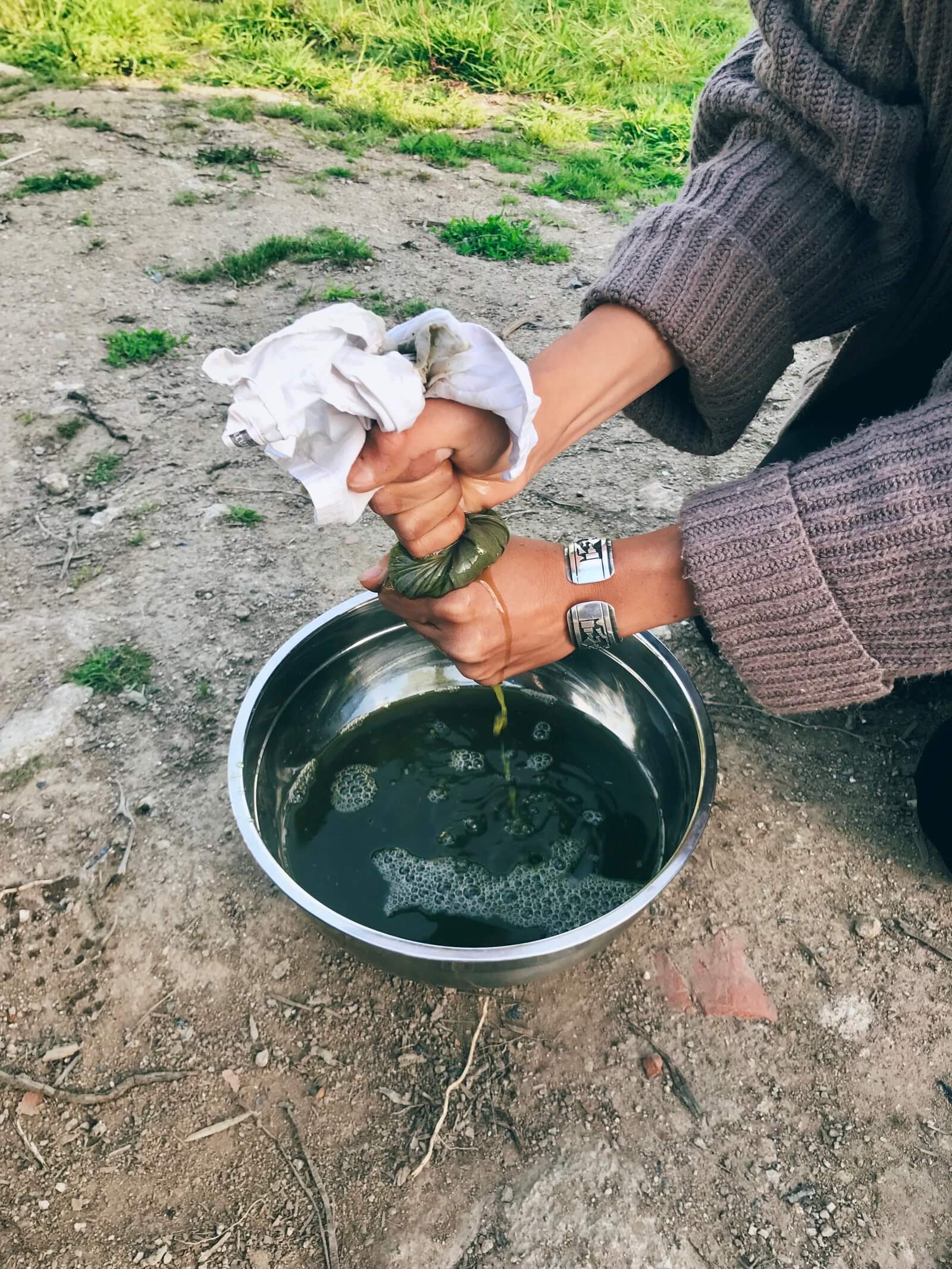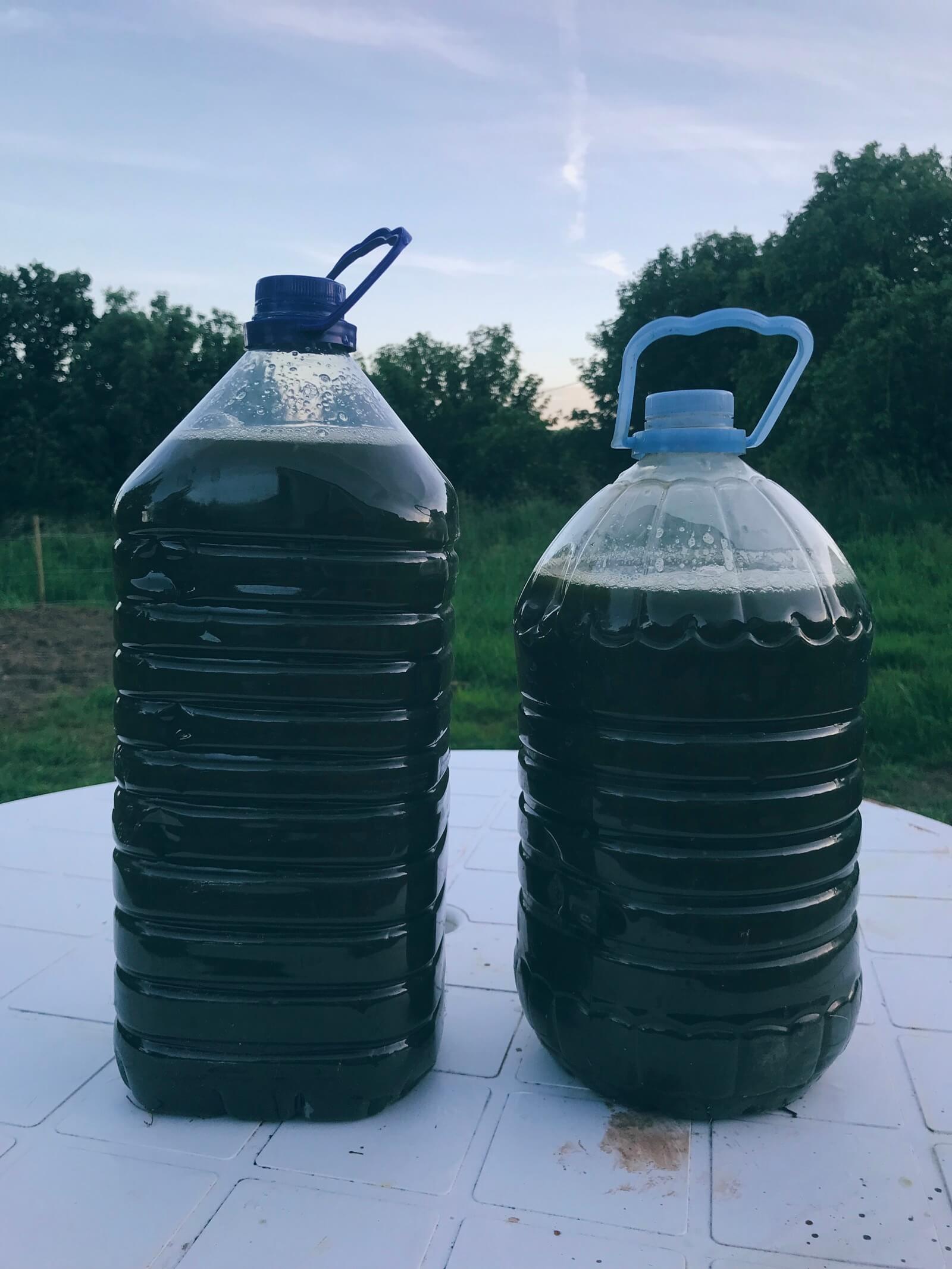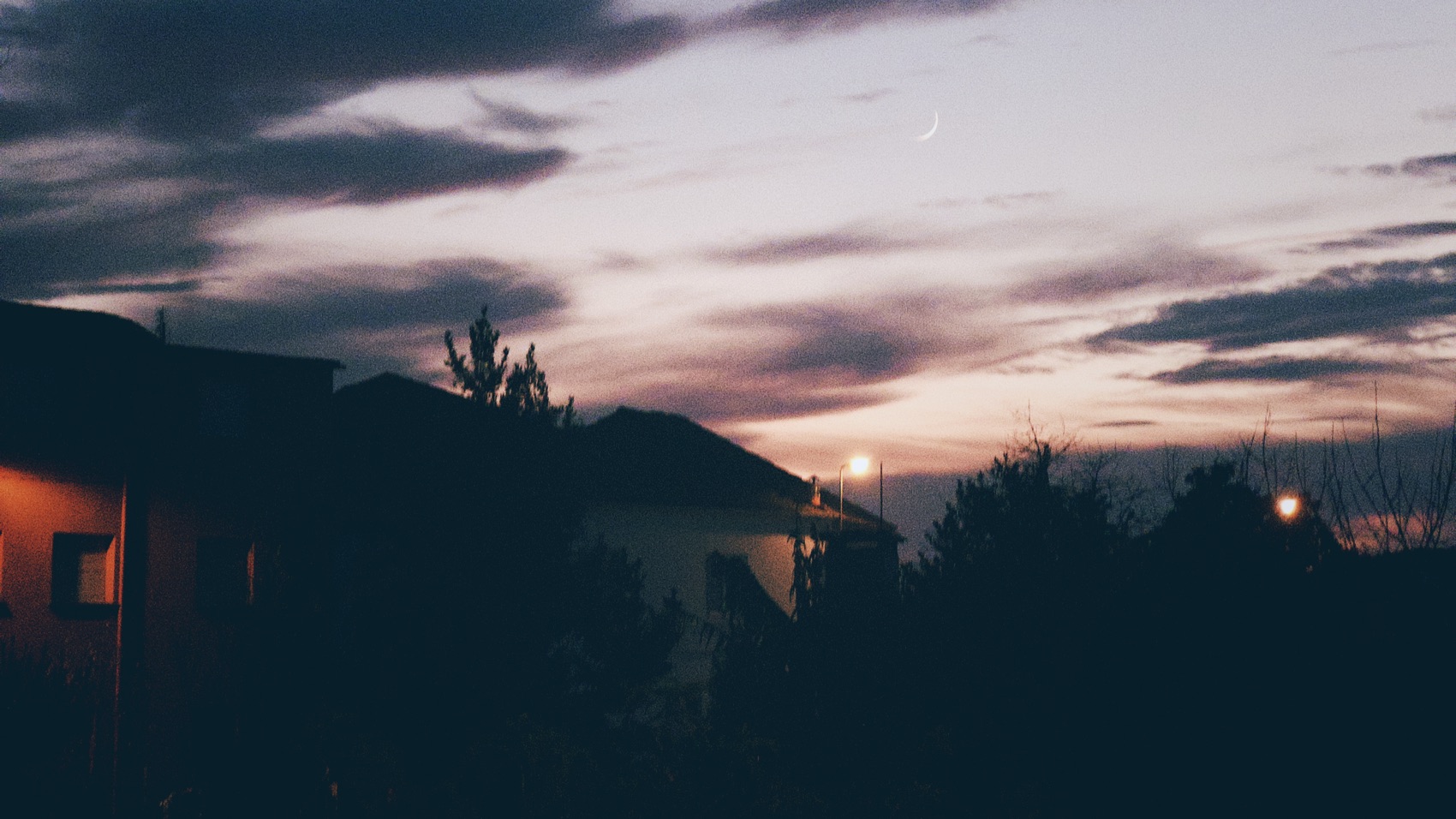
With my goal of prefiguring some changes in this new year of 2025, a few weeks ago I removed Instagram from my phone. It’s been a long time coming; I found myself glued to the screen for a few reasons: keeping up with the unbearable horrors in Gaza, maintaining the vaguest awareness of what some friends who I’m not in regular contact are up to, and using it to escape the Now.
Attention and the present moment have finally been hoisted up onto my altar of divinity. And because I have very little self-control, I needed to actually remove the shiny button that gets me there. I haven’t deleted my account yet; it’s enough to use the browser to check messages once every few days.
I’ll maybe get around to writing about that a little more. Today I thought I’d share the accounts of two people that resonated with last year:
Aleah Black (@gendersauce)
What is asked of us in this age?
What is the next phase of our evolution?We created language and evolved into storytellers.
We created tools and evolved into builders.
We created baskets and evolved into caretakers.The global stream of information is not going away.
We now live with more information that ever before.And what shall we do?
What shall we do when met with the suffering of all the Earth?Rise. Rise to meet it.
The work of our age is to develop a global empathy that we cannot yet imagine.
Hanna Williams (@organic.abundance)
From Instagram about two weeks ago:
There is a part of you that existed before you were born
and that same part will continue to exist after you die.This immortal part of you is Awareness –
the eternal aspect of your being that flows undisturbed through each lifetime.Birth and death are like gazing into a mirror.
Before you look into the mirror, you’re aware of yourself.
When you look, your awareness sees your reflection.
And when you move away from the mirror, your reflection disappears.But you — the one who is aware – existed before the mirror, and you still exist once you turn away.
The only thing that ever changes is the reflection found in the mirror.
I constantly brood over the how and how much of information/news. Naturally curious and usually procrastinating something, “gathering information” is the excuse. Excising this passivity of scrolling will be good for me. But if you’re still there, I recommend these two; for some, there’s still room to connect and share.
